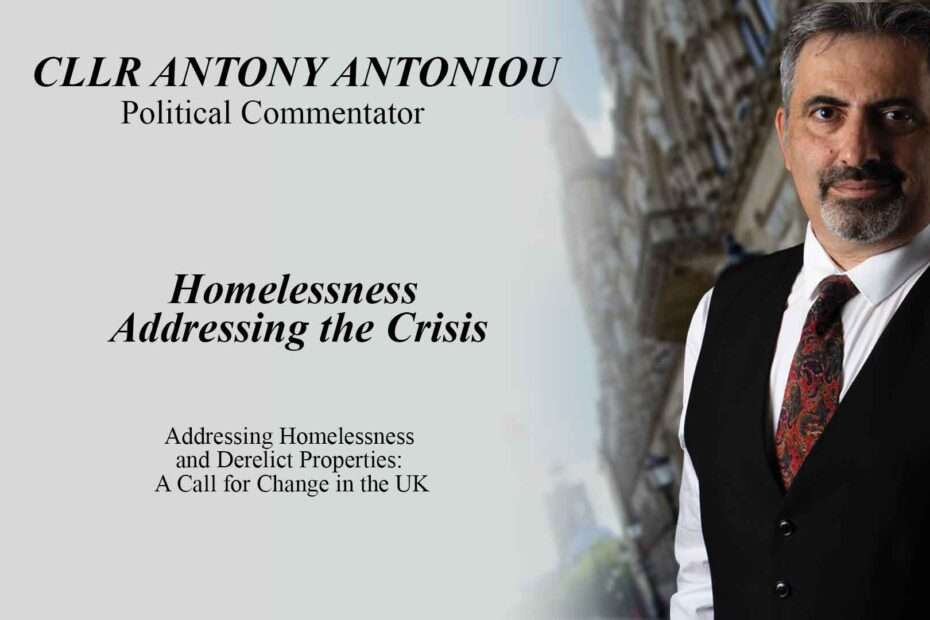Homelessness Addressing the Crisis
Addressing Homelessness and Derelict Properties: A Call for Change in the UK
Homelessness in the United Kingdom: A Grave Reality
Homelessness is an issue that plagues the United Kingdom, and it stands as one of the most profound and sinister consequences of the modern housing crisis. As of today, there are over 300,000 people without a place to call home in the UK, but this number only accounts for the visible homeless population. When we consider the hidden homeless—those who couch surf or stay with friends and family—the actual figure is likely double that, and it’s increasing daily.
Several years ago, I created a video in an attempt to rally the people of Northampton and encourage them to utilize the numerous vacant spaces across the city to create shelters for the homeless. While the response included thousands of views and promises of goodwill, nothing substantial materialized from these efforts. The empty warehouse featured in my video has remained vacant for over a decade.
Across the country, there are countless offices, warehouses, and other properties sitting idle while individuals endure the harsh reality of sleeping on the streets. This issue extends beyond commercial spaces; there are approximately 600,000 properties in the UK that are derelict, vacant, or unfit for habitation. These are not properties that large developers, driven by profit, are interested in revitalizing. Instead, it’s the British public who possesses a deep love for property, renovation, and the potential for a modest profit who would be willing to take on these projects.
However, despite the willingness of the public, both the current and past governments have failed to provide adequate incentives to spur property renovation and address homelessness effectively. Instead of facilitating these efforts, the government has implemented policies such as the three percent stamp duty surcharge for non-primary residence purchases and the reduction of capital gains tax. These measures have disincentivized property renovation and decreased the number of properties being revitalized.
A Call for Change: Tax Incentives and Greater Accessibility
What the government should have done is offer financial incentives to motivate individuals to renovate these properties and bring them back into use. Simultaneously, there should be incentives for owners of empty buildings to at least make them available for emergency shelters. Many industrial units, for instance, are owned by pension funds that care little about the impact of their vacant properties on society.
To combat homelessness and make use of our nation’s vast housing stock, which should be considered a national asset rather than individual possessions, we must adopt a new perspective. Our beautiful properties have stood long before our time and will continue to do so after we’re gone. We are merely stewards of these spaces, and it is the government’s responsibility to incentivize their continual improvement rather than allowing them to fall into disrepair.
In conclusion, it is unacceptable for any citizen to sleep on the streets, regardless of their circumstances or background. While some individuals who have broken the law find themselves in hotels, flaunting their stay on social media, it’s unconscionable that fellow citizens born and bred in this country are left without shelter. It’s time for a change—a change that includes tax incentives for property renovation and measures to ensure that our housing stock remains a source of pride and dignity for all. The time to act is now, for a brighter, more inclusive future for all UK residents.

